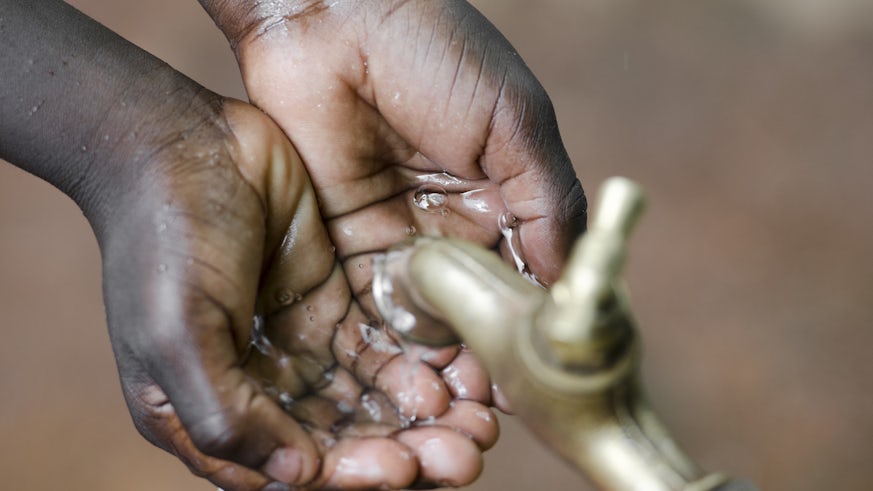Safe and reliable water access
25 November 2016

Researchers at Cardiff University are exploring the water choices made by households and communities in the developing world, to understand how they influence the resilience of communities to future environmental shocks.
Supported by the Natural Environment Research Council, the researchers will work with academics from Nigeria, at the Universities of Ibadan and Maiduguri, alongside partners at the British Geological Survey and the Skat Foundation, to consider how these choices affect the welfare and resilience of the communities concerned, now and into the future.
The project lead, Professor Gillian Bristow said: “Across much of Africa, access to safe and reliable water supplies is a goal for households and policymakers alike. It is seen as a means to address poor health, poverty and promote wider economic benefits. In a context of growing populations, increasing urbanisation and expanding societal expectations, the resilience of water supplies in the face of environmental hazards is a rising concern for the future well-being of communities.”
Dr. Adrian Healy, from the School of Geography and Planning said: “Groundwater reserves play a critical role in providing resilient water supply services. However, these reserves are increasingly under pressure, not only from potential environmental shocks but also the rapid expansion in the numbers and scale of privately-developed wells and boreholes. This presents risks both to the quality and the quantity of the groundwater supply, as is the case in Asia where it is reported that more than half the groundwater reserves are too contaminated to use”.
Choices being made now in the siting of wells, the quality and form of their construction and the levels of abstraction, have long-term impacts on the quality of the groundwater resource both locally and more widely, the quantity available for abstraction, the accessibility of supplies to different societal groups and the vulnerability of the resource to future shocks. Yet the nature and drivers of these choices are poorly understood.
Professor Lorraine Whitmarsh, from the School of Psychology added: “Deepening our understanding of the factors that influence the choices of different actors is perhaps the greatest challenge facing those seeking to ensure the development of water supply systems that are resilient to future environmental challenges. To do so, involves not only understanding economic and technical attributes but also the social conditioning of risk perceptions, including the role of different media in constructing narratives.”
To answer this challenge Cardiff University has brought together a unique combination of interdisciplinary skills that will provide new insights and understandings at the close of the project in August next year.